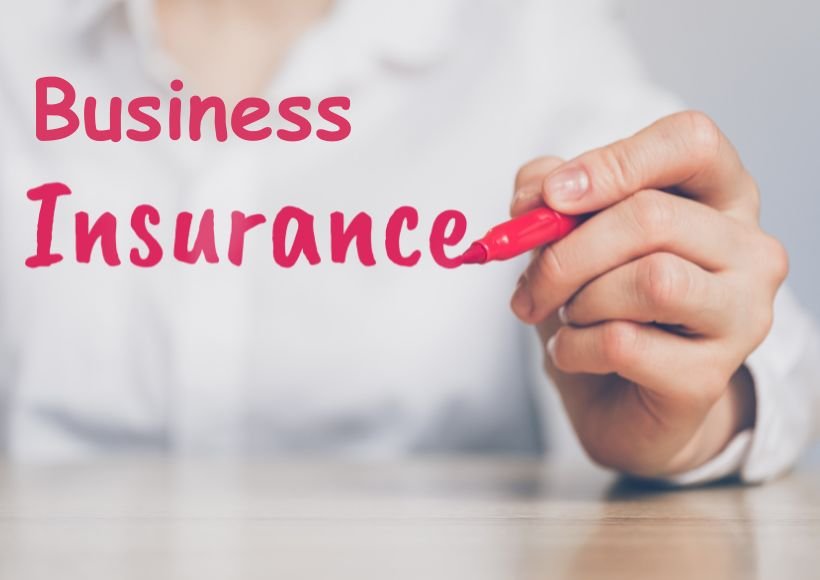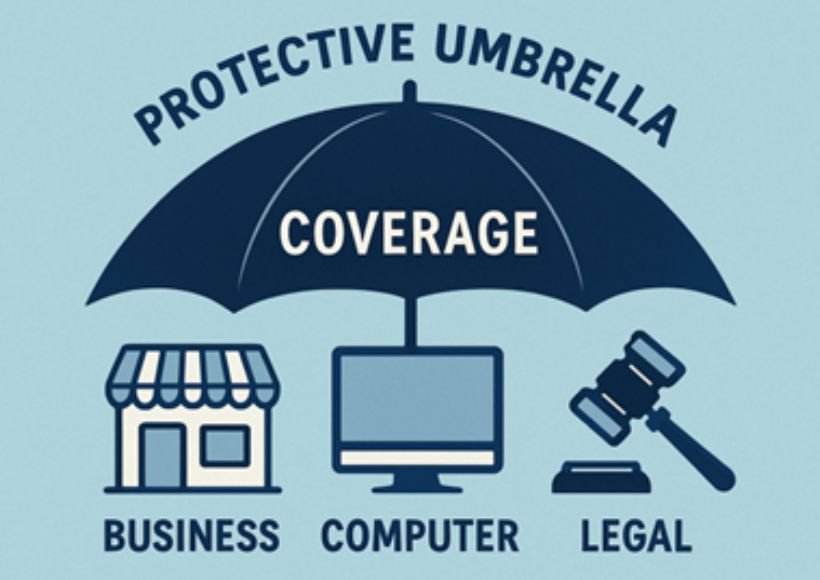Insuring Your Vision: Demystifying the Key Business Insurance Categories That Protect Your Assets, Operations, and Future.

Table of Contents
Introduction
Every business owner, regardless of industry or size, faces a wide range of unpredictable risks that can impact daily operations and long-term viability. These risks can range from slip-and-fall accidents on a business’s premises to devastating cyberattacks threatening a company’s digital infrastructure and sensitive data. As a result, purchasing the right commercial insurance protection is not just a precaution; it’s a fundamental necessity that enables business owners to safeguard their hard-earned revenue, assets, and reputation.
Early investment in comprehensive business insurance policies can truly be the difference between navigating unexpected setbacks with resilience and experiencing financial devastation that may threaten the future of your enterprise.
Whether you’re a passionate startup founder launching your first venture or a seasoned business veteran with decades of experience, ensuring the protection of what you’ve built takes more than hard work and optimism. Insurance serves as a powerful safety net, granting you the peace of mind to focus on innovation and growth without constantly fearing the unforeseen.
In this article, we’ll break down the most essential types of business insurance every owner should understand and why each plays a crucial role in your business’s sustainability and success.
General Liability Insurance
General liability insurance forms the backbone of any robust risk management strategy. It shields your business from third-party claims that commonly arise from everyday operations, including bodily injury, property damage, and personal injury incidents such as libel, slander, or copyright infringement. For instance, if a customer slips on a wet floor in your café or a delivery person sustains an injury while visiting your office, general liability insurance steps in to cover the resulting medical costs and potential legal bills.
The policy also addresses claims related to your advertising or marketing efforts, including allegations of defamation or misrepresentation. This comprehensive protection lets entrepreneurs stay focused on their core activities, with the confidence that common liabilities are managed and that a single incident won’t wipe out years of dedication and investment.
Why It’s Crucial
The profound importance of general liability insurance is underscored by its widespread adoption. Nearly 62% of small businesses carry this coverage, marking it as the most essential type for mitigating everyday risks. Entrepreneurs who forgo this policy expose themselves to significant financial peril; even a single, expensive lawsuit or personal injury claim could put a small business at risk of sinking. Legal proceedings can drag on for months, consuming resources and attention. With general liability insurance in place, the costs associated with these risks, such as attorneys’ fees, court settlements, and restitution, are managed, ensuring your company can survive and recover.

Workers’ Compensation Insurance
If you have one or more employees, workers’ compensation insurance is crucial and typically required by law. This coverage is specifically designed to support employees who become injured or fall ill as a result of work-related tasks or conditions. It pays for necessary medical treatment, rehabilitation services, and a portion of lost wages while the employee recovers. Without workers’ compensation, not only would you be liable for these costs, but you could also face employee lawsuits seeking damages for pain, suffering, and lost earnings. This policy also serves as a deterrent against costly and time-consuming litigation between employers and employees, thereby fostering a safer work environment and demonstrating to your workforce that their well-being is a priority.
Mandatory and Protective
The protective power of this policy is widely recognized: nearly half (49%) of small businesses ensure workers’ compensation covers them. Compliance with state laws aside, carrying this insurance demonstrates your commitment to a safe and responsible workplace, helps you attract and retain talent, and minimizes the disruption and financial burden that workplace accidents can create. Ultimately, it allows you to address employee incidents openly and efficiently, building a culture of trust and care within your organization.
Cyber Liability Insurance
In today’s digital-first business landscape, cyber threats are not just a possibility; they are a virtual certainty. Cyber liability insurance addresses the growing array of digital risks by covering direct financial losses from hacking, ransomware, data breaches, and other cyberattacks. The expenses incurred in the wake of such events are vast, ranging from forensic investigations and legal counsel to customer notification, credit monitoring, data recovery, and regulatory penalties. Furthermore, a serious breach can lead to reputational damage, loss of customer trust, and class-action lawsuits, making comprehensive cyber insurance indispensable for organizations of every size.
The Rising Need for Digital Protection
The rapid growth in the adoption of cyber insurance policies underscores the increasing importance of this protection. Recent reports indicate that small business adoption rates have increased from 10% in 2023 to 27% by 2025, highlighting a heightened awareness of escalating cyber risks. As businesses rely more on cloud services, e-commerce, and remote workforces, securing cyber liability insurance isn’t just smart; it’s a modern business imperative. It empowers you to recover from digital disasters quickly and maintain the trust of customers, clients, and business partners alike.
Business Interruption Insurance
Imagine your business premises suffer a fire, natural disaster, or other major disruption that forces you to close your doors temporarily. Business interruption insurance is designed to protect you from the income loss that occurs during periods of suspended operations. This policy helps you continue meeting essential financial obligations, such as rent, loan payments, utilities, payroll, and supplier contracts, even when revenue flow is interrupted due to circumstances beyond your control. By providing this critical financial cushion, the policy significantly reduces the risk that a temporary closure will result in a permanent shutdown.
Maintaining Financial Stability
This coverage is particularly important for businesses that rely heavily on a physical location or specialized equipment, such as restaurants, retailers, and manufacturing companies. Business interruption insurance doesn’t just help you recover after a disaster, as it insulates your business from insolvency due to extended downtime. The insurance can also cover temporary relocation costs, advertising to inform customers, and additional expenses incurred to minimize losses. By mitigating the financial turbulence caused by severe disruptions, you give your company a fighting chance not only to recover but also to thrive in the aftermath.
